One thing I love, love, love to do is to look at the world through my sketching eyes. As I sketch, I pick up on details that I normally would not notice. I also love how the image comes together, sometimes looking like the real thing, and sometimes a little bit better (errors and all).
|
I had an amazing experience at the Brooklyn Museum seeing the Kehinde Wiley exhibit. Although Kehinde is in only in his late thirties, he is already having a retrospective of his amazing work. While there, I saw a sign that said Figure Drawing: "Beats and Baroque" at the Brooklyn Museum presented by Liner Notes. Wonderful. Free wine, great music, and I get to sketch with live models. It was my lucky day. I thought, is this the kind of thing that happens in Brooklyn everyday? (Here's the playlist of the music on this youtube link below.) And there I was bobbing to reggae, trance, hip hop, old skool, R&B, funk, soul, and lounge music and sketching, humming and sketching, singing and sketching and having a lot of fun. (Trust me. It wasn't the one glass of red wine that we got.) I reminded myself of another famous young Black artist, Jean-Michel Basquiat, who mixed music into his artwork. He often listened to bebop and classical music and even television as he painted on huge canvases and door frames and recycled materials. I love visiting museums, seeing art, sketching, and illustration. It's a wonderful way to observe, and interpret the world. I photographed these models so that I could remember them and add any missing details to the images I started. One thing I love, love, love to do is to look at the world through my sketching eyes. As I sketch, I pick up on details that I normally would not notice. I also love how the image comes together, sometimes looking like the real thing, and sometimes a little bit better (errors and all).
0 Comments
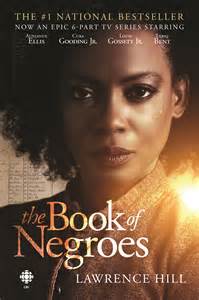 Aminata Diallo- fictional feminist icon Aminata Diallo- fictional feminist icon This post took me almost two months to write (from thought to post). I was watching The Book Of Negroes series-- a co-production by the Canadian Broadcasting Corporation (CBC) and Black Entertainment Television (BET), based on Canadian author Laurence Hill's novel by the same name-- which aired on television this past January and February and I was struck by the lead character of Aminata Diallo (played by Aujanue Ellis who played Sistah Girl in Undercover Brother). I found myself saying, "Oh my gosh. She's just like me." 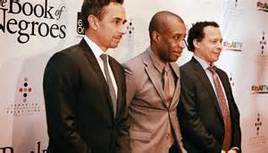 Conquering Lion team- producer Damon D'Oliveira and director Clement Virgo- with Book of Negroes author Lawrence Hill Conquering Lion team- producer Damon D'Oliveira and director Clement Virgo- with Book of Negroes author Lawrence Hill So is it presumptuous of me to say that? I mean, it wasn't like I came to that conclusion when I read the book years ago. Even when I read it then, I wasn't so insolent. (Maybe it was because I pored through the 400+ page book in less than two days and it distracted me while I lay in my bed recovering from very painful bursitis.) And maybe the difference was seeing Aminata. Although Aminata is a fictional character played on television, she is a composite of millions of enslaved African women which includes my ancestors. I felt this character, her struggles, her intent, her resistance, and resilience... they were all mine. I saw myself in her persona-- poised, conscious, present, quick-witted, and intelligent. Aminata took on the whole abolitionist assembly and even her masters-- both of them. She would not be owned and she always, always knew she would return home. She is a jeli, a storyteller, a rememberer of her people in Africa and her culture. She is African first. She is a writer and she loved books. She is loyal and strong in her love of Chekura. She is a mother and a teacher. She is a woman ahead of her time. In the tradition of Frederick Douglass' Slave Narratives, Alex Haley's Roots and Queen, and female writers Harriet Jacobs and Phyllis Wheatley who each wrote about their own or their families' enslavements, how important it is to hear a fresh perspective where the female voice is central and infused with years of the research that Lawrence Hill conducted while writing this book. (Today, there are so many more resources including the internet and experts that one could access now that could not have been accessed in the 1970s when Roots was a popular miniseries. So in many ways, Book of Negroes is a story for the X, Y, and Millenial generations (one of these is mine) who are now almost 200 years post slavery. I am Aminata Diallo. Aminata had a foot in the Old World (Africa) and the new (the United States, Canada, and eventually the United Kingdom). She would not bow down although she was enslaved. She stuck to "her guns", held true to her value, and never, ever forgot where she came from. She walked with dignity and demanded that everyone, even her owner and master, treat her no less. These are all values I admire and hold dear to my heart. In addition, I connected to Aminata in a few other ways. 1) I am a jeli and a teacher. That means storyteller and oral West African historian, poet, and musician. The word comes from a Manding term but the term also called jeli, jali, djeli, or griot. The first time I was ever published in a book was a poem in T-DOT Griots: A Tribute to Toronto Black Storytellers. I value stories and hold on to the stories of others. I write them and read them. I want to preserve them. I don't want to lose them. I see myself as a midwife of stories. Aminata was that and also a "catcher of babies" (midwife). Stories, songs, and poems are creative ways to preserve our history and I enjoy writing them all. I teach to share and pass down history to all of my students. Aminata was a teacher too. 2) I am a traveller. I love to travel and unlike Aminata and my ancestors, I can for the most part choose when and to where I travel. Although Aminata did not choose to leave her home in Africa and come to America, she did exercise choice at other times in her life although it meant often choosing between enslavement or escape. She went from Africa to South Carolina then to New York then to Nova Scotia then back to Africa and then to London. I hope my life, like hers, will crisscross the globe (and I have been to all of the same places as her except for London). Aminata is cross-cultural and cosmopolitan all qualities I see in me. 3) I am a voracious reader and learn languages quickly (like Aminata). Currently, I am fluent in English and French. I have also studied Spanish and Italian and can read, write, and hold a very basic conversation in both. I also know greetings and random phrases in over a dozen languages-- Somali, Gujarati, Hindi, Russian, Polish, Swahili, Croatian, Ewe, Twi, Arabic, Hungarian, Creole French, Portuguese, Mandarin, Cantonese, Sanskrit, Hebrew, Aramaic, Amharic, Japanese, Tagalog, Greek, German, Gaelic, Scandinavian languages, and I would love to learn others. The next one I want to be fluent in is Brazilian Portuguese as I am working on a novel set partially in Brazil. 4) The Book of Negroes is a triumph in Black filmmaking. Films by director-producer team Conquering Lion Pictures (Clement Virgo and Damon D'Oliveira respectively) have impacted me since 1995. That year, I remember how excited I was when their film Rude, one of Canada's first two feature length film by a Black director, was released in select theatres. I was in high school and it seemed like no one else cared or noticed but I did. When I founded and organized ICED IN BLACK: Canadian Black Experiences on Film, a nationally touring film festival, from 2000 to 2003. Through ICED..., I screened three Conquering Lion films-- The Planet of Junior Brown, Rude, and Love Come Down. Damon and Clement came to one of my Montreal and Toronto screenings to participate in the discussion panels afterward. Having met and worked with Canadian independent filmmakers to promote and screen their work, I know how hard it is to get a film made . For example, Book of Negroes series took almost ten years to get it from book to funding it to the screen. (The book itself on which the series is based took Lawrence Hill five years to research and write). Imagine how many filmmakers in North America, especially filmmakers of colour who typically face more challenges in getting their stories picked up because they are told that there is no audience for them for a different story other than the stereotypes, are waiting for the funding greenlight and do not make it to the big screen. 5) Africa is my home. Africa is the home of my ancestors who were kidnapped, crossed the Atlantic Passage, enslaved in Jamaica, and survived. From the Maroons to the Rastafarians to the Garveyites, Jamaicans have been leaders in repatriation to Africa, a movement of African descended people in the West who move back to the continent. When I visited Ghana last year, I fulfilled a dream of mine as well as that of many family members, community, and my enslaved ancestors and that was to return to Africa and walk the paths of my ancestors and I felt completely at home. I'd like to think if I lived Aminata's life, I would have conducted myself with so much dignity and honour, strength and resistance, grace and wit but I am not sure if I would or could. Thank you Lawrence Hill for creating a character that honours Black women. Despite the rapes, beatings, kidnapping of children, breaking up of families, and selling of our bodies throughout history- as Aminata endured- and even today, we can come out victorious, strong, intelligent, vocal, beautiful, and gentle with our dignities intact. Or another title for this post would be, "Gone Crazy in New York City!" (after Rita Williams Garcia's latest book Gone Crazy in Alabama). I wanted to go to New York City to see my relatives (which thankfully, I did including spending time with my awesome nephew and adorable niece) but ever since SCBWI NYC in February 2015, I will never look at New York City the same again (which is why this post is Part 1 as I will write another post after my next NYC visit). New York City is like a literary candy shop with tantalizing (often free) events, colourful conferences, sweet signings, baubles of bookstores, and palpable publishing houses galore. (Enough with the alliterations already. There I go again.) A writerly visit to New York City was a great way to get inspired and boost my writing mojo. During my trip, I got to re-connect with some folks that I met at SCBWI NYC like Stacy Whitman, publisher and founder of Tu Books, and meet some new ones like author Dhonielle Clayton. On March 18th, I attended the "Between the Lines" presentation at the Schomburg Center for Research in Black Culture in Harlem where authors Jacqueline Woodson and Renee Watson read from their latest books, spoke about their work, and did a signing. (As you know, Jacqueline Woodson is one of my favourite authors I have most wanted to meet.) My shyness with meeting celebrated authors is decreasing as I am finding that they are more like kindred spirits navigating the world of words, like myself. (I was delighted to find two short videos on Renee's site entitled "Jacqueline Woodson & Renee Watson Photographed in Brooklyn" which reflect the nature of the talk I saw at the Schomburg.) Their talk was brilliant and I extracted a number of "take homes" and nuggets of wisdom which I have highlighted here: 1) Ask your elders questions because they become ancestors so quickly.- Jacqueline Woodson 2) Put stuff on paper... it all matters.- Jacqueline Woodson 3) People tend to think of Black books only as mirrors. They can be windows too. White and other kids need to learn about Black lives and cultures.- Renee Watson 4) Read and write world... I had to fight for teachers to teach me.- Renee Watson 5) Less is more. Write minimally. Get to the emotion. To get to it, cry as you write it. Read lots of picture books as they are often poetic, each line stands on its own.- Jacqueline Woodson 6) My writing isn't for sale. Sometimes it means not being published.- Renee Watson 7) I'm not afraid to be broke... I won't sell out my soul or myself.- Jacqueline Woodson 8) We shall wake up knowing we have work to do and go to bed knowing we've done it.- Jacqueline Woodson quoting the late Caribbean-American writer Audre Lorde 9) Change the world through writing.- Jacqueline Woodson The highlights of my trip were the "tea times" which the social introvert in me soaked up. These were the one-on-one and small group times when I got to talk about the literary scene, diverse children's books, and all things in between with another one of my favourite authors, Coe Booth-- on her birthday. (Coe is really fun and nice and has Caribbean roots too. Guyana to be exact. I feel honoured that we got to speak as a writing peers not writer and fan.) I must admit that I am taken aback with the level of literary critiques that I encountered which pushes me to want to read more current children's and young adult authors. One author that I place in this category of giving great critiques is fellow Canadian, Brooklyn-based author Zetta Elliott (awesome new website, by the way) whose blogposts and literary essays honestly grapple with a variety of challenges in the children's publishing industry. I got to meet Zetta, for the first time on March 21st at the NYC Teen Author Festival after being inspired by her work to write my opinion essay Who Will Write Our Stories? for Canadian Children's Book News in Fall 2014. At the festival, I attended a panel called Issues of Representation in YA which included authors Coe Booth, Sona Charaipotra and Dhonielle Clayton of Cake Literary, and IW Gregorio, hosted by organizer, author, and publisher David Levithan of Scholastic. I was happy to see this "hot topic" on the schedule that I feel the children's book industry is paying attention thanks to the We Need Diverse Books campaign. (By the way, I got to meet a few members of the NYC-based WNDB team.) Unfortunately, when I arrived, they had already started this panel early. :-(C'mon people! I'm coming all the way from Canada.) With 7 authors who represented different types of diversity (e.g., sexual orientation, race, ethnicity, gender), an hour was way too short to have addressed all types of representation. Nevertheless, I feel so blessed to have met these authors and experienced more of the NYC literary scene during my trip. Can't wait for my next visit! There is a place in North America that feels so Old World and like it belongs on another continent, yet it is only about an 8 hour drive from my home. There you will find signs in French and the roads are hilly, steep, and curved just like you were walking down some European cobblestone street (although I have never been to Europe this is how I imagine it would be) lined by colourful and ancient looking shops that you would find nowhere else. You are in Quebec City also known as "Europe in North America". In August 2015, I had the inspiration to write a sequel to my picture book Malaika's Costume which will be coming out in Spring 2016 by Groundwood Books. The sequel was an idea that came to me by surprise and it had been percolating in my mind for a few weeks. That August, I sat down and wrote a sequel to the story in one sitting with pagination. I sent it off to my publisher shortly thereafter and I also prepared it to read to my writing critique group. After, I heard their feedback, it donned on me. I needed to go to Quebec City, where my story takes place, to see firsthand what my character was experiencing. And although I knew that I had to go to Quebec City in the winter, I didn't yet know how I was going to go. Financially it was a difficult time and so with a little asking around, I was told about the Ontario Arts Council Writers' Reserve Grant. (One of the wonderful things we have in Canada are our arts grants which are available at the national, provincial, and municipal levels.) For this particular grant, I applied to ten different publishers with the hopes that at least one would recommend me for the grant. I had prayed about this a lot as I was so close to the January 30th deadline (it started on September 2014 and I hoped that there was at least some money left in the reserve). Also, I was not sure if I qualified as a professional writer but thanks to the poem I had published in TDOT Griots: An Anthology of Toronto's Black Storytellers in 2004, my article in Canadian Childrens' Book News in Fall 2014, and the three books I had/have under publishing contract, I found out that I did qualify as a professional writer. (YAY!!!!! How do you like them apples?) Thanks to the recommendation by Kids Can Press, one of the ten, I found out in February that I got the OAC grant. It came a little later than I anticipated as I wanted to attend the Quebec Carnaval but I realized, in fact, that the grant would allow me to do a lot of background research in Quebec City, conduct interviews, and fill in some holes and correct things in my story. (What writers call world building.) Besides, let's face it. Who wants to give up the opportunity to visit, learn, and experience a UNESCO World Heritage site for five days? This wasn't my first Quebec City visit. I had visited Quebec City about 15 years ago. My very first visit was on a school trip in Grade 7. En plus, la visite m'a donné une opportunité de pratiquer mon français. Formidable! Besides being a very enjoyable trip, it was quite productive. I visited three schools, attended a cultural event and local African- and Caribbean-owned businesses, interviewed some very interested participants, toured neighbourhoods, lodged in two communities, saw historic sites, took home resources and publications that will enrich my knowledge, and ate lots of food, C'est délicieux! I also took over one hundred photos over the days to get a feel for the buildings and the neighbourhoods. Here is a sampling of my trip. It has been a busy February and March for me both on the personal and the writerly front. I have had the opportunity to attend writing and literary events here in Toronto and Brampton, a city in the Greater Toronto Area (GTA). I have met exciting writers and attended events in February and March, 2015. There was the Afrofuturism panel with author Ytasha Womack and others organized by A Different Booklist, the Toronto Urban Book Expo (TUBE) organized by Kya Publishing, and the first information session of the Festival of Literary Diversity (FOLD) held at Knowledge Bookstore. It is wonderful to be a part of the literary scene in the city I called home (and a vibrant one at that). As I spend more time in the literary scene, I have intentionally connected with other writers and forged exchanges through membership in writers' organizations and attending events. One example of this is when I found that I did not personally know any Black writers in Canada focussed on writing and illustration for children and young adults so I founded African-Canadian Writers for Children and Young Adults (ACWCYA). ACWCYA is one of the literary communities that I belong to and our facebook page consist of 50+ members who reside in Canada and the US. Writing is a solitary act but it does not have to be. Please stay tuned for my research adventures in Quebec City and writerly life NYC. |
Archives
June 2024
Categories |
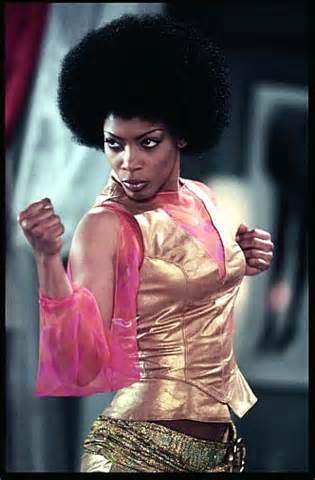
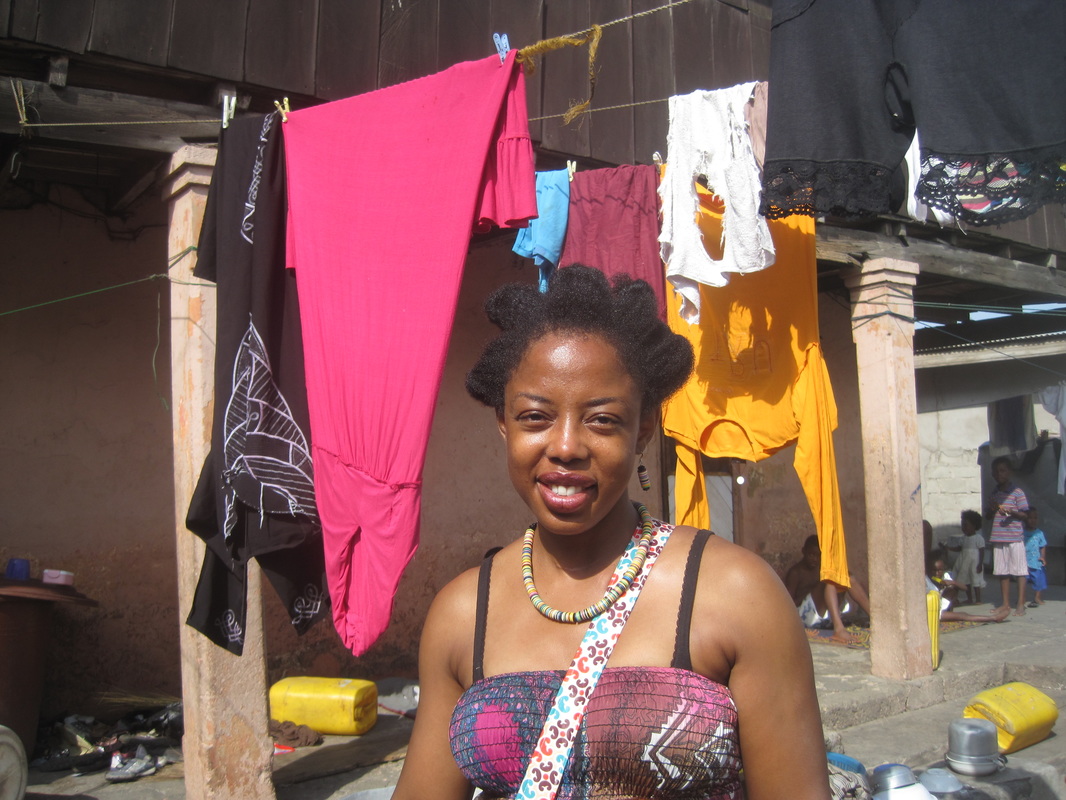
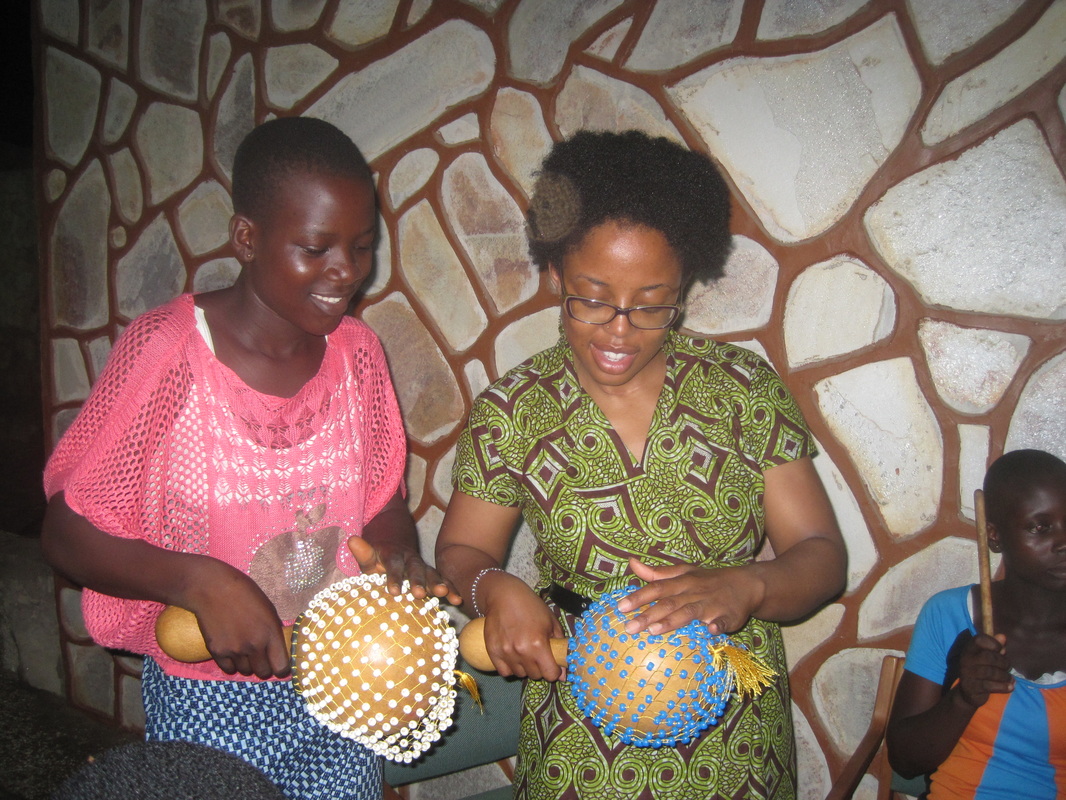
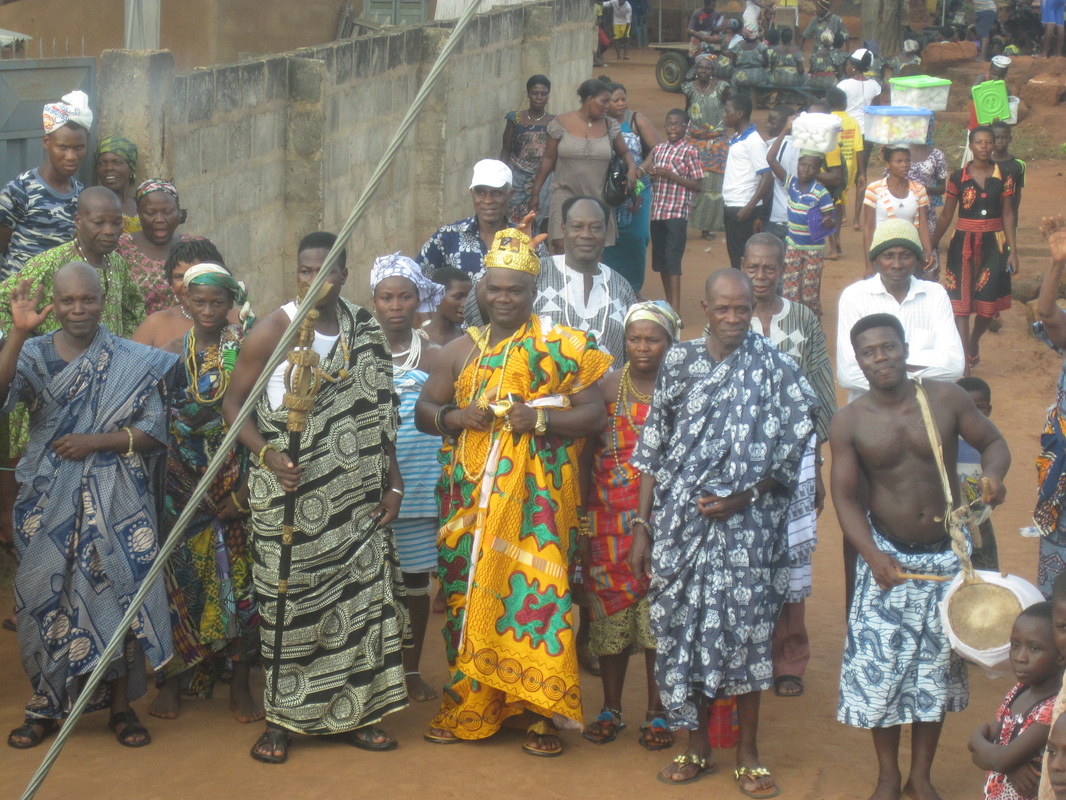
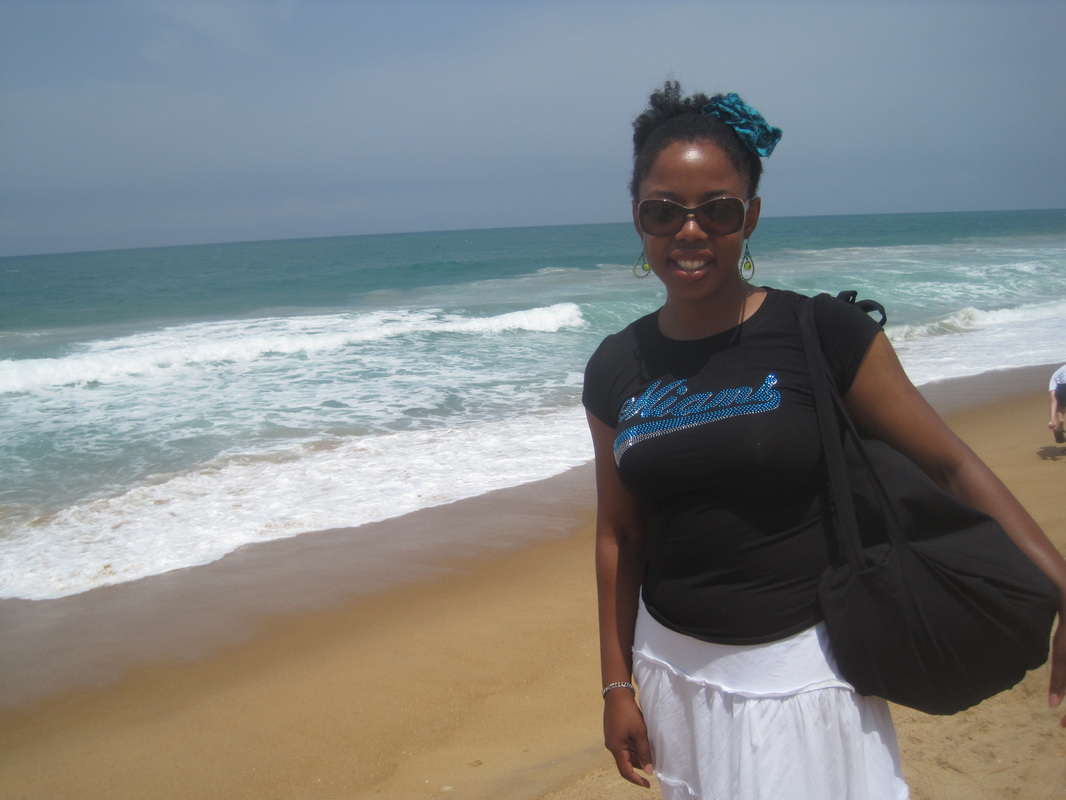
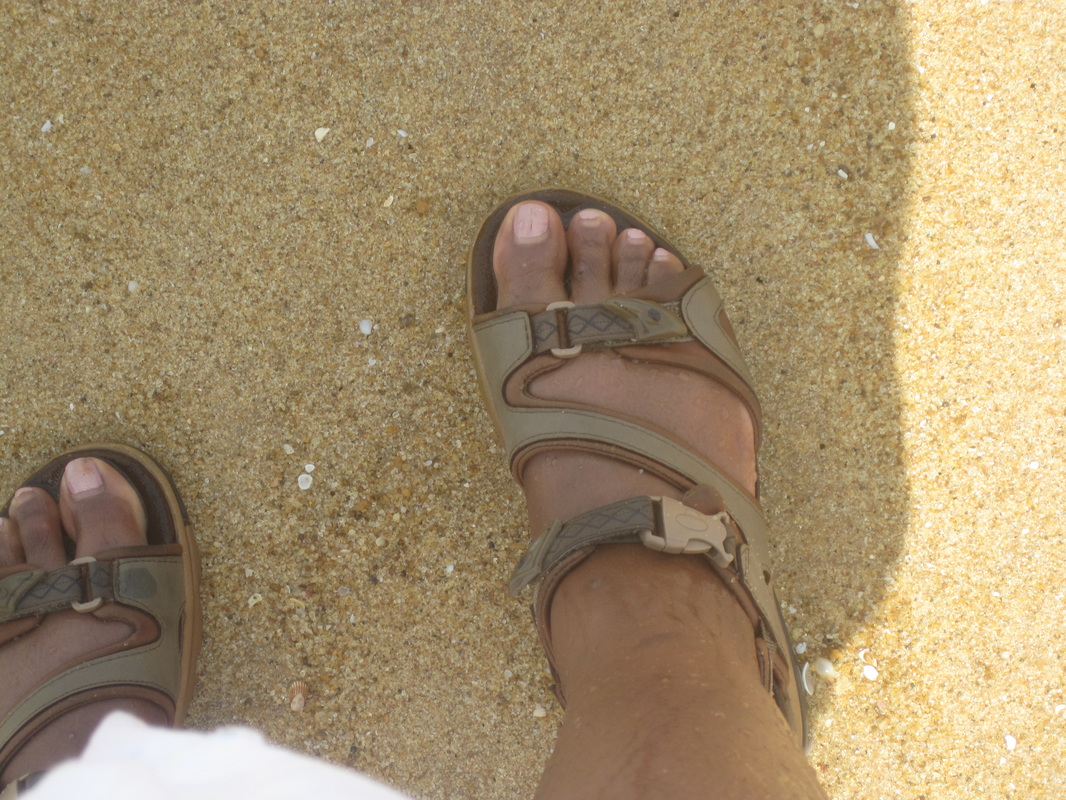
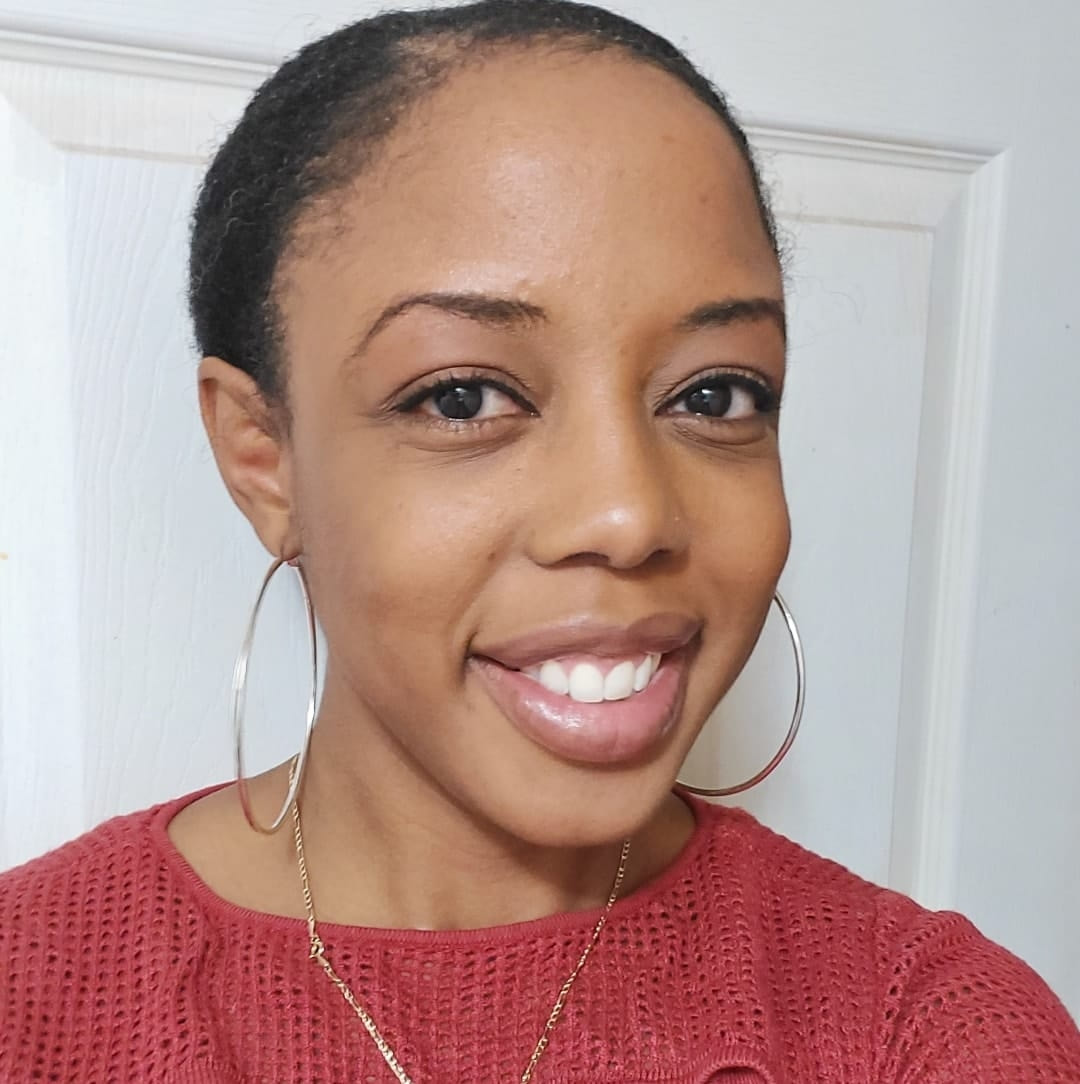
 RSS Feed
RSS Feed